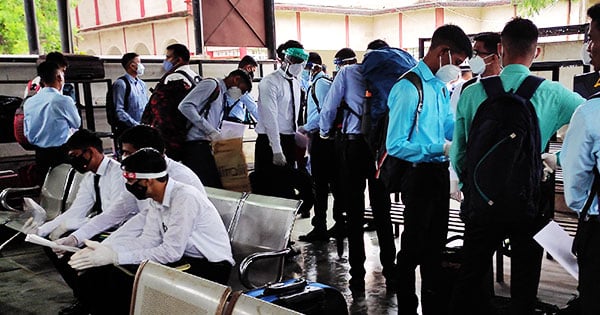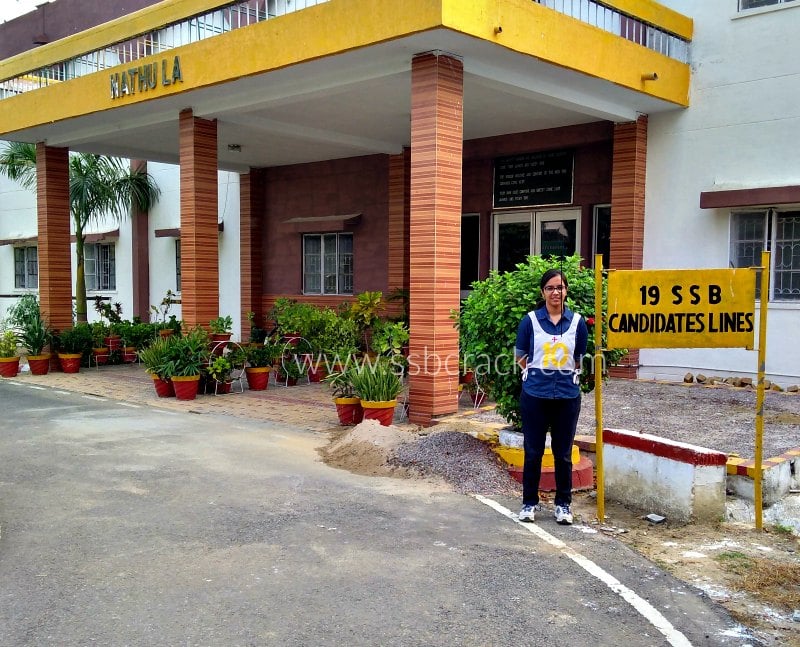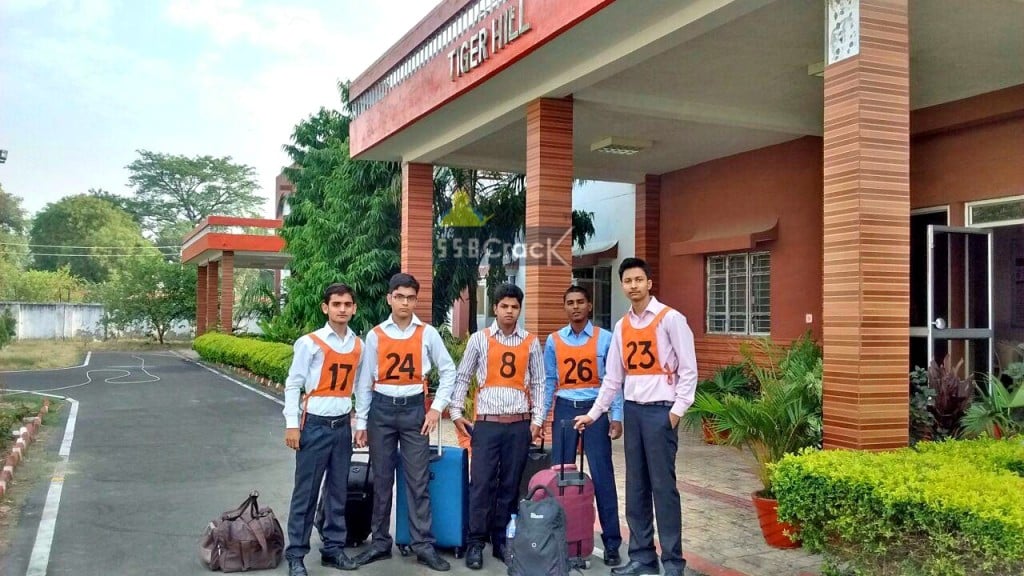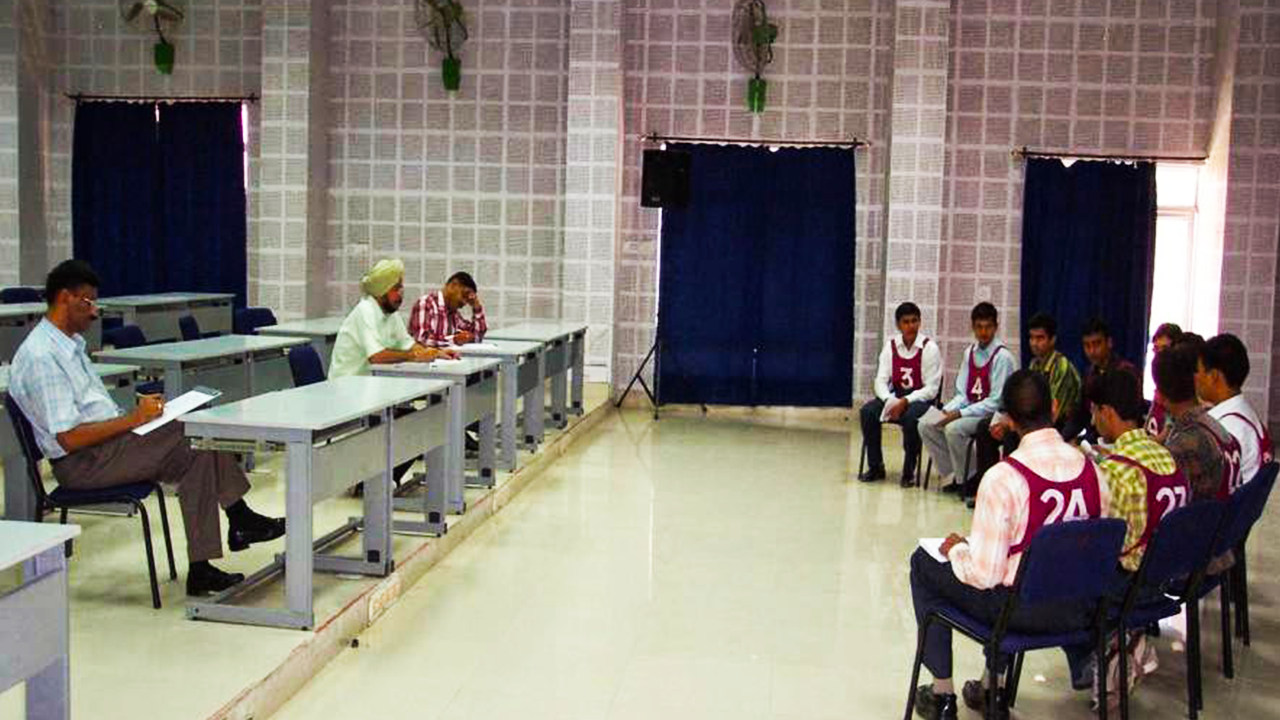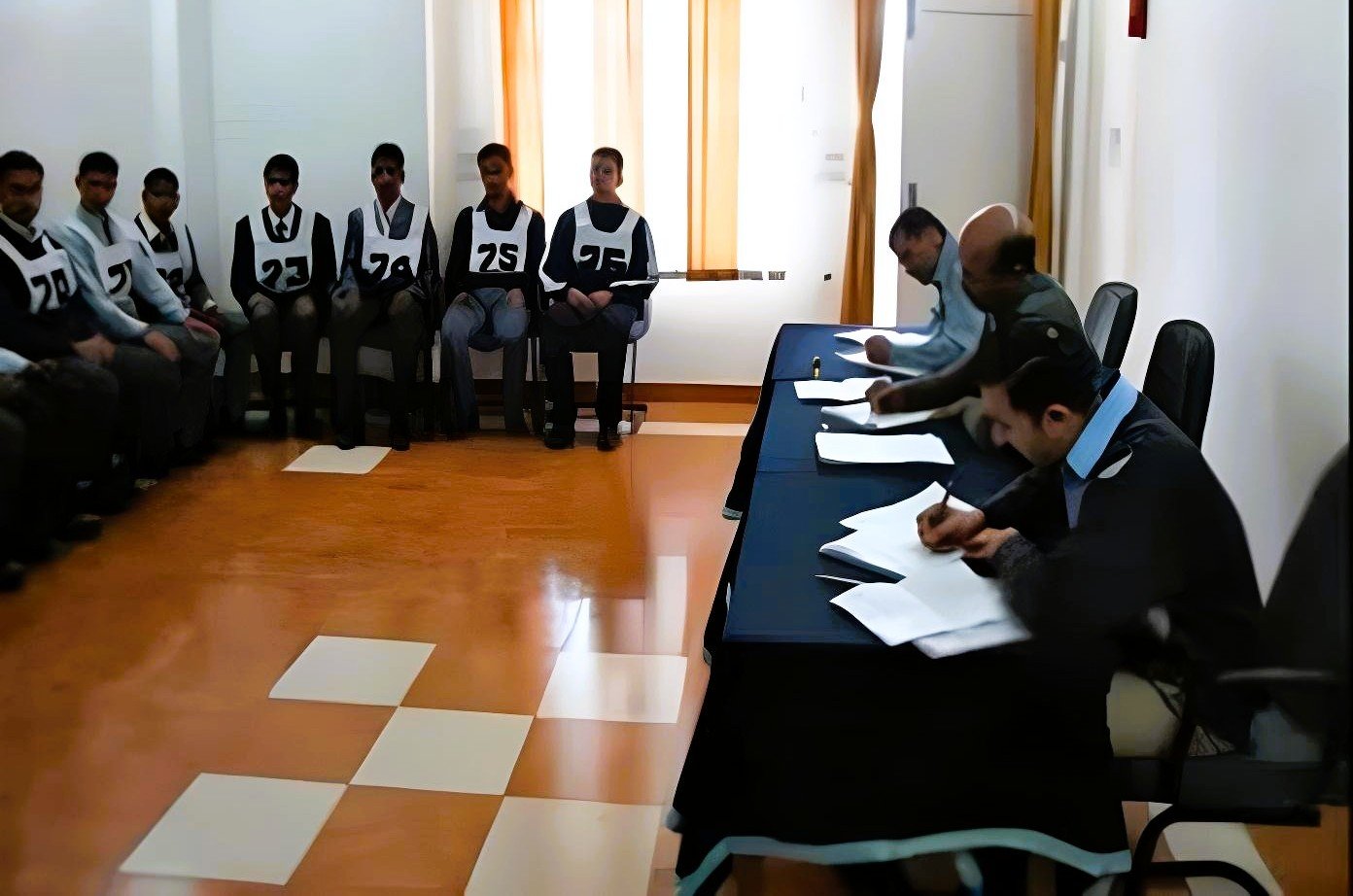Preparing for the Services Selection Board (SSB) can often feel like an overwhelming journey filled with uncertainty and mixed advice. Many aspirants spend countless hours studying various subjects, practicing tests, and following traditional methods. However, what if we told you that many toppers follow a different strategy that sets them apart from the rest? Here’s a look into what successful candidates do differently in their SSB preparation.
1. Understanding the SSB Process
Comprehensive Knowledge
Toppers have a thorough understanding of the entire SSB process. They know that SSB is not just about individual tests but rather an overall assessment of one’s personality, leadership qualities, and teamwork. Familiarizing oneself with each stage—psychological tests, group discussions, personal interviews, and physical assessments—helps candidates prepare more effectively.
Analyzing Previous Patterns
Successful candidates often review past experiences and analysis from previous SSB selections. By understanding what worked and what didn’t for others, they shaped their own preparation strategies based on successful traits and outcomes.
2. Focus on Personality Development
Self-awareness
Top scorers prioritize self-awareness. They engage in self-reflection, understanding their strengths and weaknesses. This self-assessment allows them to highlight their positive qualities while working on areas needing improvement. For instance, candidates may keep journals to track their thoughts and feelings, helping them articulate their personality better during group discussions and interviews.
Effective Communication Skills
Outstanding communicators shine during group tasks and interviews. Toppers often engage in public speaking clubs, debate societies, or even informal group discussions to hone their ability to express thoughts clearly, confidently, and persuasively.
3. Practical Experience Over Theoretical Knowledge
Real-Life Application
While many aspirants delve deep into theoretical knowledge, top candidates focus on practical experiences. This includes engaging in team sports, leadership roles in community service, or participating in extracurricular activities that enhance their teamwork and leadership abilities.
Mock Interviews and Group Exercises
Toppers frequently participate in mock interviews and group exercises. They seek feedback on their performance, focusing on body language, articulation, and interpersonal skills. These simulations help them reduce anxiety and enhance their confidence when facing real-time situations during the SSB.
4. Mastering the Psychological Tests
Practice with Purpose
A significant part of SSB involves psychological tests like the Thematic Apperception Test (TAT) and the Word Association Test (WAT). Top candidates practice these tests with intent, studying not just the content but also the patterns of their responses. They focus on portraying qualities such as optimism, leadership, and resilience in their stories and associations.
Seeking Professional Guidance
Many toppers opt for professional training and coaching, learning from experts who provide insights and strategies to tackle psychological evaluations effectively.
5. Physical Fitness and Mental Resilience
Prioritizing Fitness
Though academic excellence is essential, physical fitness cannot be overlooked. Toppers often incorporate regular physical training into their daily routines. They understand that physical endurance is just as crucial for SSB success as mental acuity.
Building Mental Toughness
Mental resilience is vital in high-pressure environments like SSB. Toppers engage in activities like meditation, yoga, and even mindfulness training to manage stress and enhance focus, which ultimately prepares them for the challenges of SSB.
6. Building a Support Network
Collaborative Learning
Toppers often surround themselves with like-minded individuals who share their goals. They form study groups where they can discuss ideas, share resources, and practice together, fostering a collaborative environment that enhances learning.
Mentorship
Seeking mentorship from previous SSB successful candidates can provide invaluable guidance. Experienced mentors can offer insights into the nuances of the SSB process, helping aspirants avoid common pitfalls and guiding them towards effective preparation.
Conclusion
The journey to SSB success is not just about rote learning or following traditional methods. It’s about understanding oneself holistically and preparing across various dimensions—intellectual, physical, and emotional. By adopting the strategies employed by toppers, aspirants can redefine their preparation methods, making their SSB journey more focused and effective. Remember, success at SSB is less about the content knowledge and more about showcasing your true personality, leadership skills, and ability to work as part of a team. So, rethink your approach, and give yourself the best chance of success!
